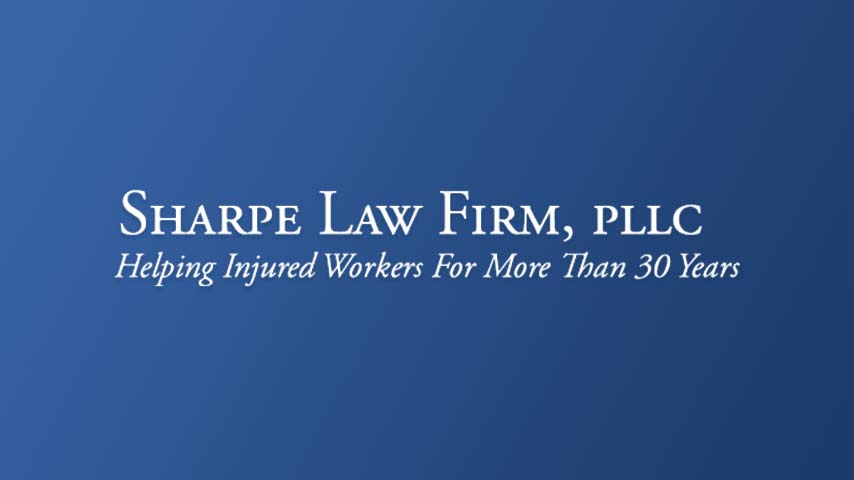You Can Apply for Social Security Disability When You Have a Washington State Workers Compensation Claim
Social Security Disability (SSD) is an additional benefit and it is available to eligible injured workers. If you have been or are expected to be off work for at least one year then consider applying for SSD. You can receive benefits under both the Washington State L&I and the SSD systems at the same time. Apply for Social Security Disability to see if you are eligible. Keep in mind there is a 1 year off work requirement before Social Security disability payments can be made. There is a 2 year Medicare waiting period from the onset of the disability until Medicare benefits can be granted. Apply early because it’s a slow process.
Comparing SSD and L&I
SSD & L&I are both similar to and different from each other.
- L&I is a Washington State benefit for workers injured on the job. The L&I medical coverage is limited to the effects of the job injury.
- Social Security Disability is a federal program for disabled wage earners. The medical coverage through Medicare covers most injuries and illnesses so long as they are not the job injuries.
SSD makes money payments and also pays for medical treatmentvia Medicare.
SSD Money – The money benefit is a monthly payment based on your work history and earnings record. You can receive both L&I time loss and a SSD money benefit at the same time, subject to the Social Security offset rules. To get help with an offset and to learn more about the offset rules contact the L&I Social Security offset unit at 360-902-5119.
Social Security Disability and Medicare
SSD & Medicare –In addition to money benefits, a successful SSD decision will award Medicare benefits. Medicare can pay for medical treatment for conditions unrelated to your job injury.
- This includes illnesses and injuries not incurred on the job as well as contested on the job injuries
- If and while L&I is rejecting a claim or while L&I is denying a medical condition as unrelated, and you are appealing, Medicare or private insurance can still step up and pay for treatment for you during the appeal process.
- The two agencies can work out who pays the bills on their own, depending upon the outcome of your appeal.
- If after a hearing and presentation of evidence, L&I finally rejects a claim or denies a medical condition as unrelated then that opens the door for an injured worker to be eligible for the medical benefit of Medicare or have private insurance pay for medical treatment.











